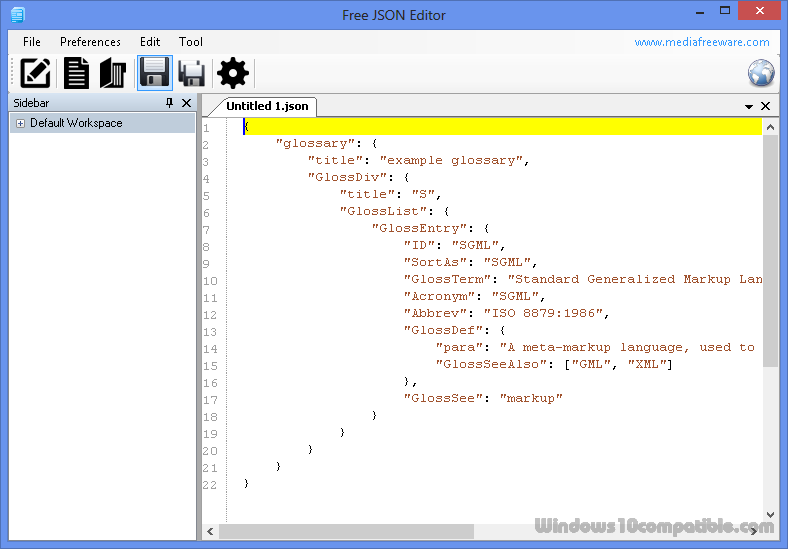

A major challenge is to integrate these tools and standards into the everyday research activities. There are hardly any common research data management processes in areas such as optics and low-temperature plasma physics, and handwritten laboratory notebooks are still the standard in many places.Ģ On the other hand, electronic laboratory notebook (ELN) systems, repositories, collaborative tools, and (meta-)data standards already exist that can support the implementation of the FAIR principles and Open Science practices. While the aspects of findability and accessibility can be realized without much effort by means of a data publication on a generic platform, the interoperability and reusability of the (domain-specific) data and metadata often pose a major challenge and requires certain conventions and standards in the communities. In particular, for smaller laboratories in physics departments that operate away from large-scale experiments in astrophysics, or high-energy physics, new processes for research data management must be introduced and established.

The demand of funding organizations and publishers to make research data discoverable, accessible, interoperable, and reusable in the sense of the FAIR principlesġ and the associated need for digitization and automation of research data management (RDM) processes pose new challenges for some research fields.

Adamant (client-only version) is available from.

Several examples of research data management workflows that can be implemented using Adamant are introduced. Each UI element is self-explanatory and intuitive to use, which makes it accessible for users that have little to no experience with JSON format and programming in general. The user interface (UI) of Adamant is designed to be as user friendly as possible.
#DESKTOP JSON EDITOR SOFTWARE#
A programming interface allows programmatic integration with other software tools such as electronic lab books or repositories. Furthermore, Adamant eases the integration of numerous available RDM methods and software tools into the everyday research activities of especially small independent laboratories. The approach is based on JavaScript Object Notation (JSON) schema, where any valid schema can be presented as an interactive web-form. It simplifies the creation of on-demand metadata schemas and the collection of metadata according to established or new standards. Adamant enables a continuous, consistent, and transparent research data management (RDM) process, which is a key element of good scientific practice ensuring the path to Findable, Accessible, Interoperable, Reusable (FAIR) research data. The web tool Adamant has been developed to systematically collect research metadata as early as the conception of the experiment.


 0 kommentar(er)
0 kommentar(er)
